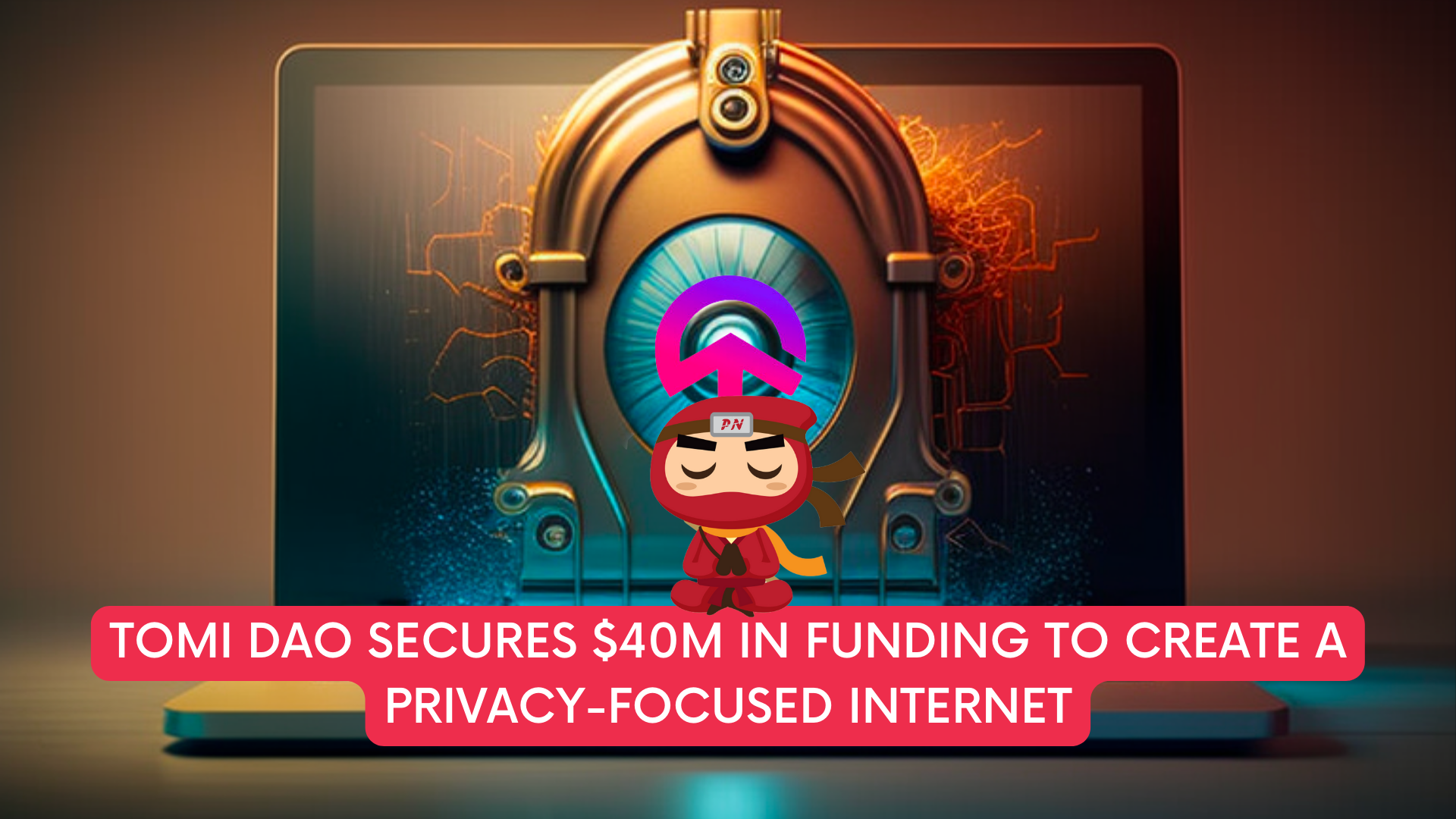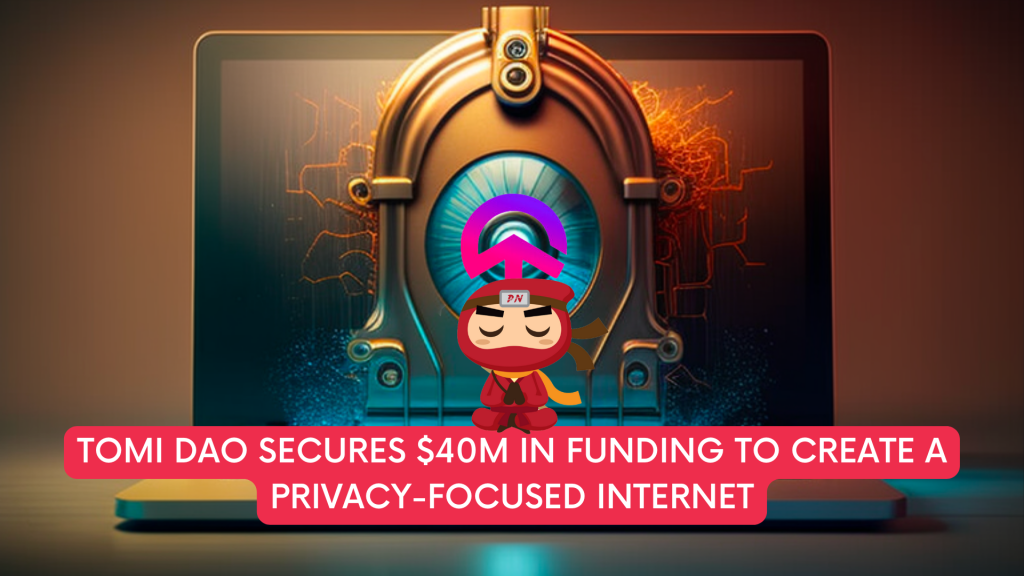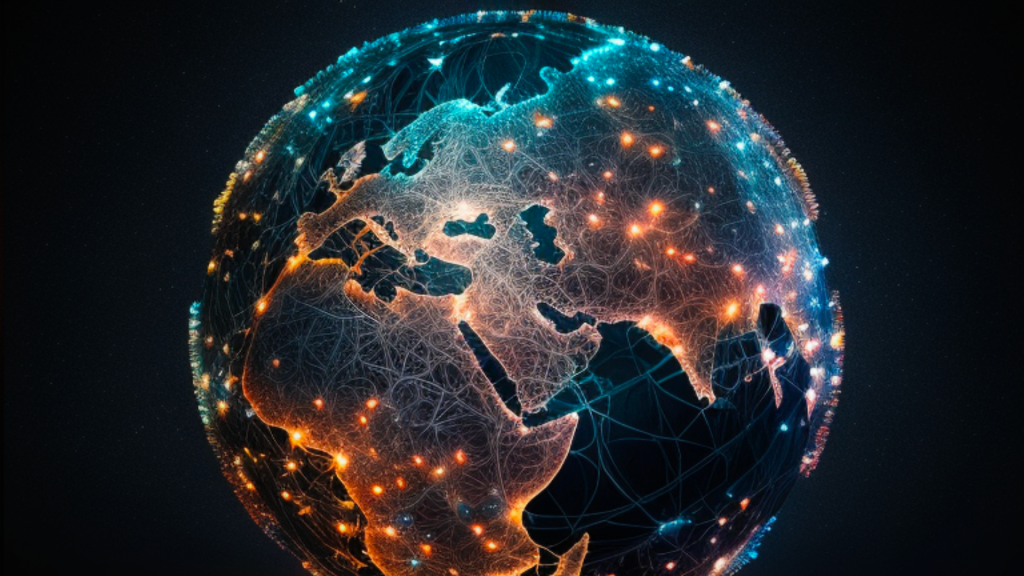KEEP IN TOUCH
Subscribe to our mailing list to get free tips on Data Protection and Cybersecurity updates weekly!







An anonymous group of cryptocurrency developers is advocating for the creation of a decentralized autonomous organization to control an alternate version of the internet.
Tomi is a Web 3 company with eight offices throughout the world, in addition to its headquarters in New York. Tomi employs decentralized DNS, high-performance computing technology, a multi-chain wallet, and a one-of-a-kind browser, all with the goal of further decentralizing digital assets and cloud services, as well as providing the infrastructure for a Web 3 internet that allows free speech and allows web three projects to become fully decentralized.
The crypto project has a vision of building a new internet from scratch, in which large corporations do not control the content that reaches people or the information collected about them. An internet in which no one can regulate what is said or kept silent. It is a platform where people may freely and discreetly acquire and sell cryptocurrencies without fear of government or corporate surveillance.
Tomi has acquired $40 million in venture capital funding as part of a larger attempt to attract content providers. The platform announced the investment round on March 21. It was led by venture firms DWF Labs, Ticker Capital, and Piha Equities, as well as Japanese crypto investor Hirokado Kohji. Tomi will utilize the funds to attract publishers and expand its network, which is characterized as a “surveillance-free alternative” to the internet.

Tomi was created in 2022. The project is led by an anonymous group of crypto industry veterans who want to build a version of the internet that a decentralized autonomous organization administers or DAO. The tomiDAO is in charge of network governance, which includes voting on code change proposals and establishing an agreement on how to handle content that breaches community norms.
When asked how Tomi assists users in monetizing their content, a firm spokesman emphasized that all monetization efforts are facilitated through the network’s native token, $TOMI. “The token is used as the principal money for different operations within our network,” such as purchasing domain names, paying transaction fees on Tomi’s layer-2 network, and voting.
DAOs are blockchain-based entities managed by self-organizing communities with no central ownership. Their usefulness appears to have expanded over time as more firms seek to implement bottom-up decision-making without hierarchical management. DAOs have received minimal government support, with the Marshall Islands planning to recognize DAOs as legal organizations in 2022.
Implementing a decentralized internet could increase digital ownership by encouraging open services driven by decentralized apps rather than centralized apps controlled by large technology companies. Web3 firms, which have received billions of dollars in venture financing to build their version of Web3, are currently leading the charge for decentralization.

According to Cointelegraph, they asked Tomi’s anonymous developers to outline their project’s most important adoption drivers. According to them, their main challenge is to become a profitable domain for the vast amount of content available on the internet and attract users who are already comfortable with the traditional internet platform. They also said that the largest challenge they took on by providing alternatives to the tech titans is the mission to re-educate the masses so that they can have control again.
How a DPO enters the picture
Organisations that handle personal data, no matter how small, are liable under the PDPC when a breach occurs. There’s still a need for them to comply with the PDPA or else they will be fined a financial penalty which covers up to S$1,000,000.
With the inevitable introduction of a privacy-focused internet, it may be the reason for a data breach breach due to the novelty of it. That is why there needs to be policies set in place to ensure that this will not happen in the future. This is where a DPO enters the picture.
A Data Protection Officer (DPO) oversees data protection responsibilities and ensures that organizations comply with the Personal Data Protection Act (PDPA). Furthermore, every Organization’s DPO should be able to curb any instances of PDPA noncompliance as it is the officer responsible for maintaining the positive posture of an organization’s cybersecurity.
DPOs complement organizations’ efforts to ensure that the organisation’s methods of collecting personal data comply with the PDPA. It also ensures that policies are set in place to make sure that there will be no instances of data breaches in the future.
Don’t wait any longer to ensure your organisation is PDPA compliant. Take our free 3-minute PDPA Compliance Self-audit checklist now, the same “secret weapon” used by our clients to keep them on track. Upon completion, we will send you the results so you can take the necessary action to protect your customers’ data. Complete the free assessment checklist today and take the first step towards protecting your customers’ personal data.